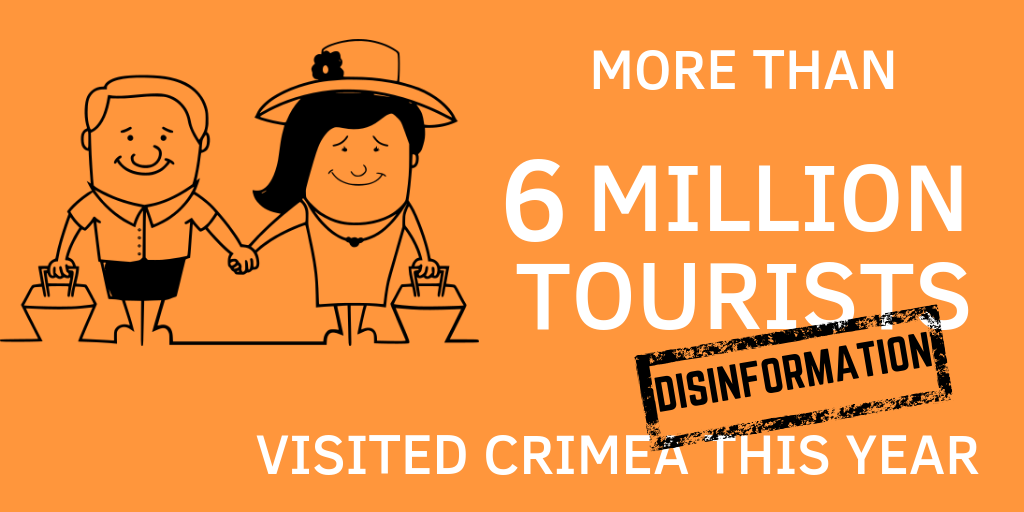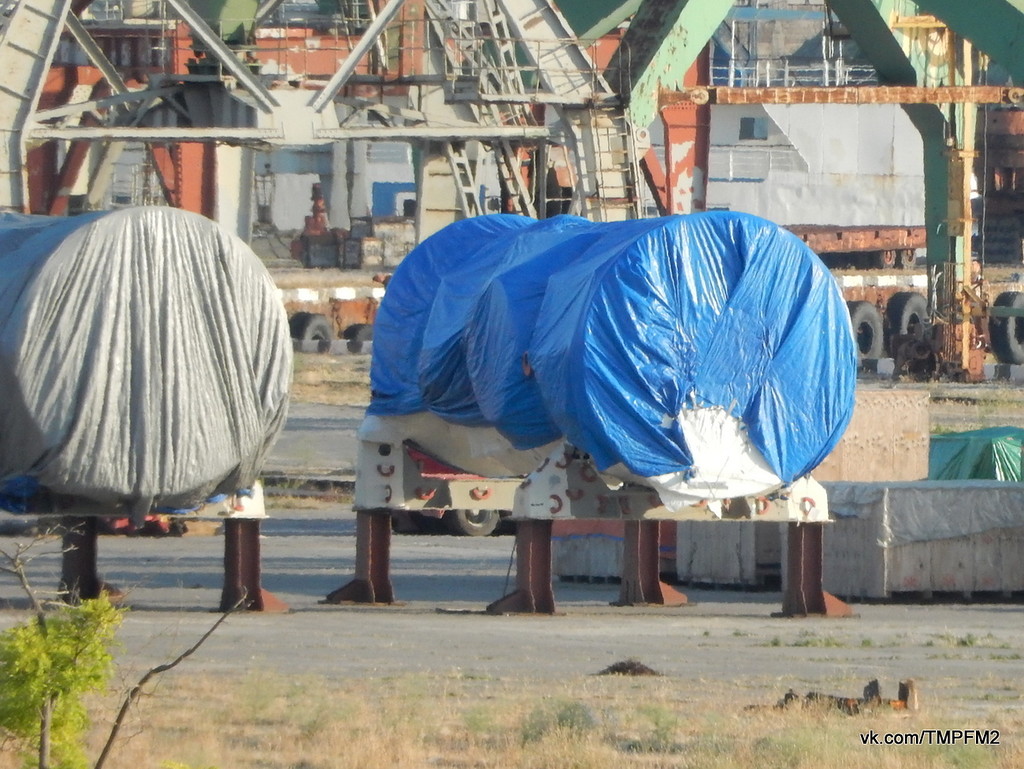Western governments have made clear that they view Moscow’s Anschluss of Crimea as a violation of the international order and that they will maintain their sanctions until Russia withdraws and returns that peninsula to its lawful sovereign Ukraine, according to Andrey Kirillov in a commentary for Radio Liberty’s Crimea page.
But “Ukraine is not struggling for Crimea, not struggling [as hard] as it could,” something that both weakens the ability of the West to put pressure on Moscow and creates the suspicion that “Crimean issues are part of a trade” by Ukrainian President Petro Poroshenko and his Russian counterpart Vladimir Putin.
There are various explanations for why Ukraine is lagging behind, he says, ranging from “the general lack of coordination of the authorities” and Kyiv’s focus on what Russia is doing in the Donbas, Kirillov says, but “the Crimean issue is one of those whose resolution requires much preparation for that moment when a chance to resolve it will appear.”
Unfortunately, he says, “Kyiv does not have a Crimean policy.” It makes declarations and there may be some moves behind the scene, but there are clearly “crude mistakes” and a display of weakness in putting pressure on the Russian occupation that Moscow reads as a kind of acceptance of its position by the Ukrainian authorities.
“But,” Kirillov says, “right now neither Ukrainian citizens nor our Western friends see this.” Instead, “Kyiv is limiting itself to ritual phrases and its concrete steps are one can say contradictory.”
The mistake Ukrainians are making is to equate what Moscow is doing in the Donbas with what it has done in Crimea by speaking about both as “temporarily occupied territories.” But “Moscow will not annex the Donbas; this is completely clear. But it has already annexed Crimea.”
“The Donbas must be understood as a region seized by band formations with the active assistance of an alien army; the resolution of this problem can only be the restoration of Kyiv’s power there to a greater or lesser degree” – depending on negotiations and how much Moscow imposes its conditions as opposed to Kyiv’s retention of its freedom of action.
But Russia doesn’t intend to leave Crimea “in any case, as long as Putin is alive and in office. More than that, even Russian opposition politicians are not saying that they would return Crimea” were they in office. Instead, “Russia as a state and as almost an entire people considers that taking Crimea was forgivable,” even “correct” and “just.”






